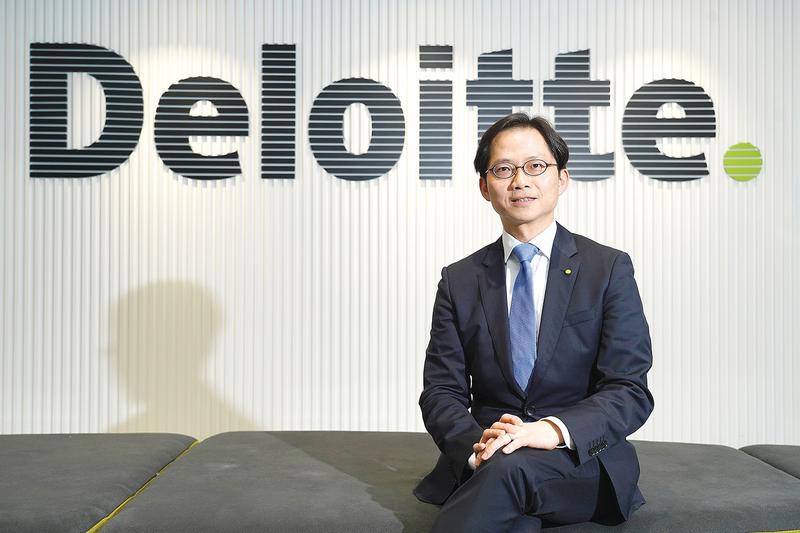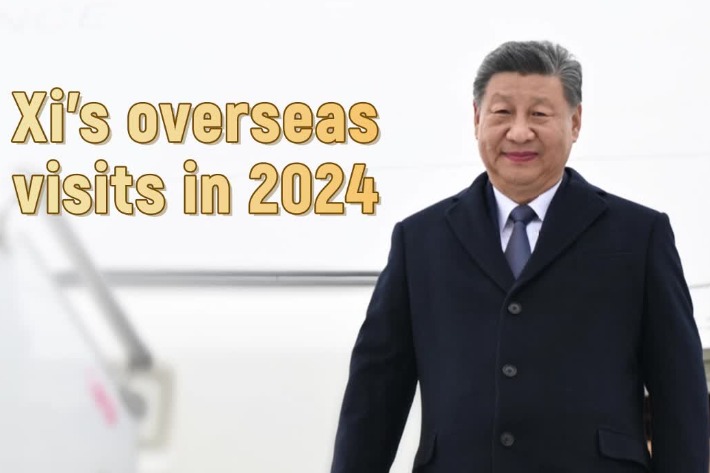Onto the next universe
Metaverse technology has taken the business world by storm with virtual fairs and expositions fast transcending offline events, as the pandemic rages around the globe. Chai Hua reports from Shenzhen.


Active participation
Many governments and companies on the Chinese mainland have also jumped on the bandwagon. Chinese internet giant Baidu adopted the metaverse to set up "Baidu Create" - its annual artificial intelligence conference - in December last year. In the same month, the Shanghai Municipal Commission of Economy and Informatization positioned the metaverse as one of the four frontiers in its five-year plan for the electronic information sector.
The Futian district government in Shenzhen referred to the metaverse in its work report in January, saying it would explore more application scenarios.
The Hong Kong Trade Development Council, which organizes most of the city's official exhibitions, has reconfigured its industry trade fairs and conferences to keep local companies afloat during the pandemic. Since January last year, the HKTDC has organized 17 trade fairs and nine international conferences, using a virtual or hybrid format.
The HKTDC is also developing an "EXHIBITION+" virtual events platform, which is expected to be launched in phases this year. The platform will offer different metaverse functions, such as virtual booths, real-time live streaming, artificial intelligence-powered online business matching and e-business card exchange.
Through the organization's year-round digital marketing campaigns and promotions at its global trade events, the HKTDC hopes to generate more than 24 million business connections between buyers and suppliers each year.
Meanwhile, many exhibitors, buyers and participants believe that physical exhibitions and conferences are irreplaceable, according to the HKTDC. So, it will continue to adopt a hybrid model that combines online elements with physical fairs, creating synergies between online and offline sourcing in future.
Taylor Lam, vice-chairman and TMT Industry Leader of Deloitte China, would like the Hong Kong authorities and local companies to pay more attention to metaverse technology and its application. "Hong Kong's exhibition industry provides a strong foundation for adopting the metaverse and its technology development. An international cultural background can inspire rich content for the new platform," he says.
Hong Kong had been hosting about 100 exhibitions annually, drawing more than 1.6 million overnight visitors from abroad prior to the pandemic, including book fairs, electronics fairs, international jewelry shows and food expositions. In 2020, Hong Kong was crowned the "Best City for Meetings in Asia" in the Smart Travel Asia Awards and the "Most Anticipated Overseas Meeting & Incentive Destination (Short Haul)" in the China Travel Industry Awards.
The COVID-19 outbreak, however, has crippled the exhibition business worldwide. According to Lam, more than 3,500 exhibitions were canceled on the Chinese mainland in 2020, while the number of Chinese exhibitors overseas plunged by 88 percent, compared with 2019.
Based on these statistics, Lam is confident there is huge potential for the metaverse in the exhibition sector as the number of participants isn't constrained by time or space and they can join such exhibitions anywhere and at any time.
Video conferencing has been the norm during the pandemic, but metaverse exhibitions can provide more interactive opportunities for exhibitors in an immersive 3D environment, he said. "Users can multitask during video conferences or live streaming forums, and metaverse events offer users greater concentration."























